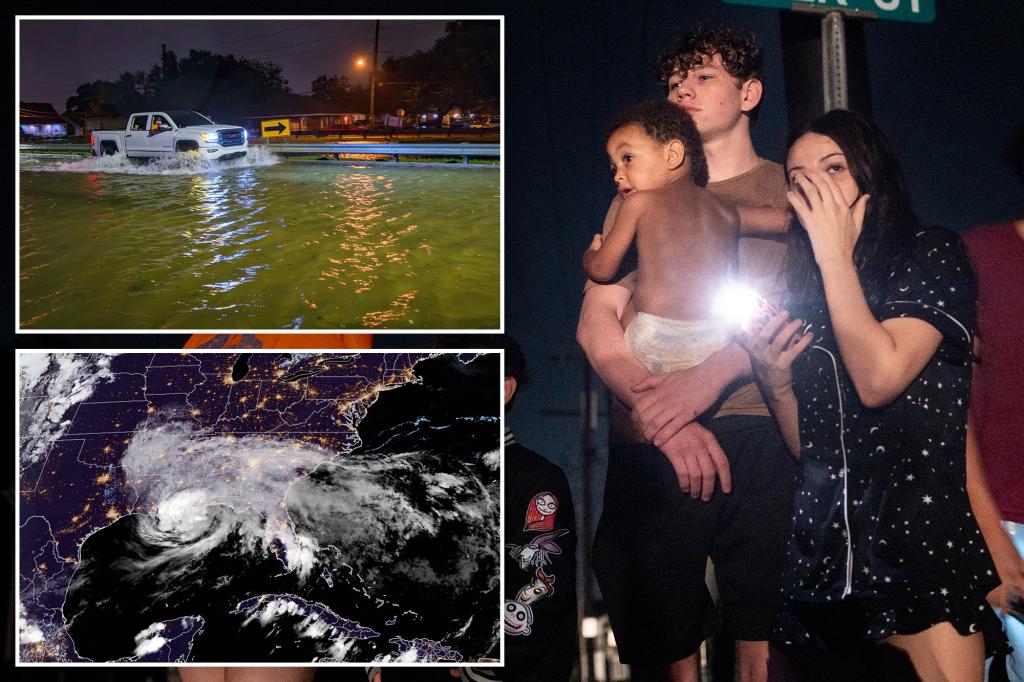The Center for Disease Control is warning those in the path of Hurricane Francine about the possible risk of contracting Melioidosis, a bacterial infection caused by Burkholderia pseudomallei, which develops after interaction with contaminated soil, water, or air. This risk increases after severe weather events such as hurricanes, with those in areas experiencing flooding being at a higher risk. Symptoms of Melioidosis can vary widely, from skin ulcers to lung infections, and it can affect various body systems, leading to disseminated infections with symptoms such as fever, headache, difficulty breathing, muscle pain, confusion, and chest or stomach pains. Certain medical conditions can also increase the risk of contracting the disease.
Melioidosis can affect anyone and is rare to contract from another person, with many animals also being susceptible to the infection. To reduce the risk of contracting Melioidosis, the CDC recommends avoiding contact with soil and standing water if you have open skin wounds or certain chronic conditions. Those involved in agricultural work or other activities that increase exposure risk should wear boots to prevent infection through the feet and lower legs. Healthcare workers treating patients with Melioidosis should use standard precautions, label samples properly, and practice good laboratory procedures to prevent infection.
The CDC advises that Melioidosis can be treated with antibiotics, with the length of treatment depending on the severity of the infection. Early detection is crucial in successful treatment. Overall, the risks of contracting Melioidosis can be reduced by following preventive measures and taking precautions in high-risk environments, especially during periods of severe weather like Hurricane Francine. It is essential for individuals to be aware of the symptoms of Melioidosis and seek medical help if they suspect they have been exposed to the bacteria. By staying informed and taking appropriate actions, the risk of contracting Melioidosis can be minimized in vulnerable populations.















